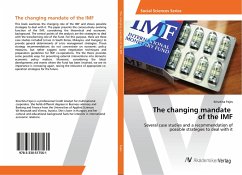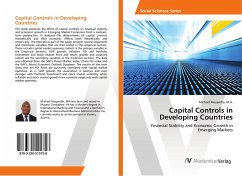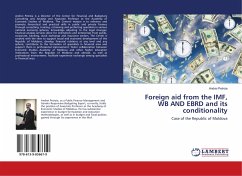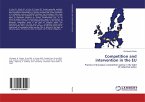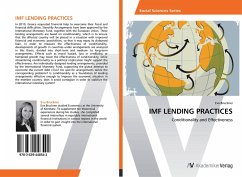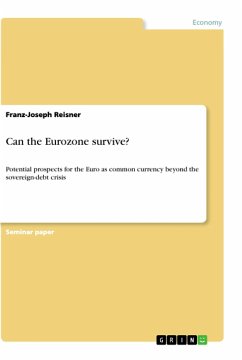This book examines the changing role of the IMF and shows possible strategies to deal with it. The paper presents the consecutively evolving function of the IMF, considering the theoretical and economic background. The central points of the analysis are the strategies to deal with the transforming role of the Fund. For this purpose, there are three case studies included (crises in South Korea, Malaysia, and Hungary) to provide general determinants of crisis management strategies. Those strategy recommendations do not concentrate on economic policy measures, but rather suggest some negotiation techniques and preparation guidelines for IMF co-operations. The the thesis provides some possible ways for preventing external interventions into domestic economic policy matters. Moreover, considering the latest developments and events where the Fund has been involved, we see its importance is increasing again, raising the relevance of appropriate co-operation strategies for the future.
Hinweis: Dieser Artikel kann nur an eine deutsche Lieferadresse ausgeliefert werden.
Hinweis: Dieser Artikel kann nur an eine deutsche Lieferadresse ausgeliefert werden.

